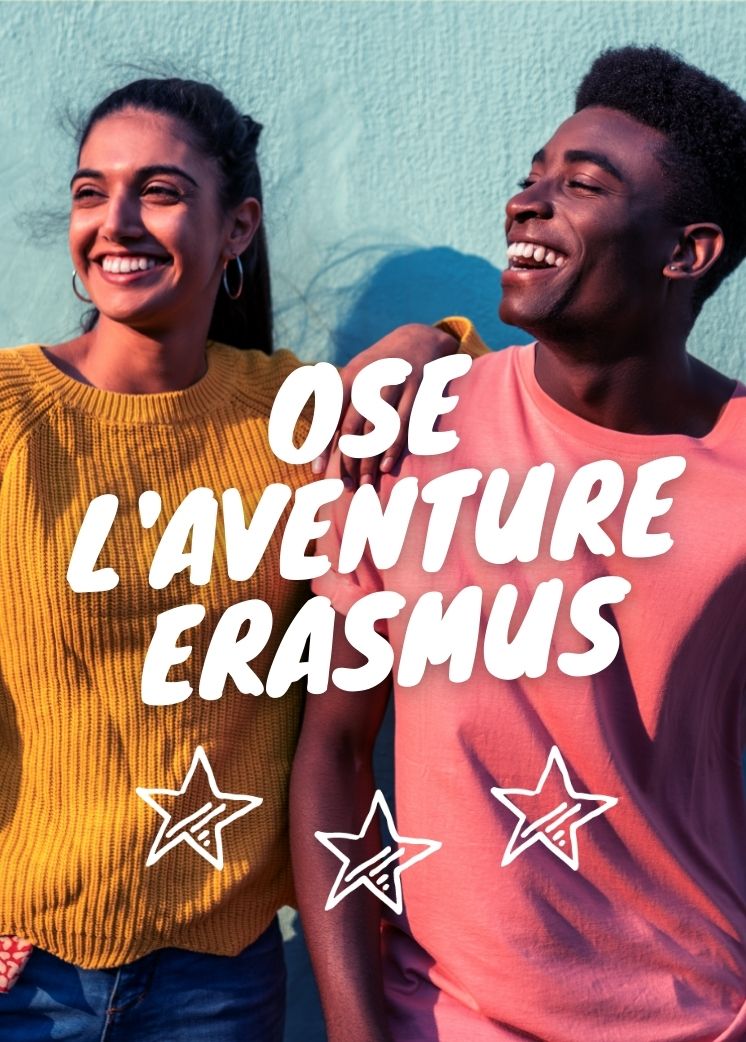As the balance of power shifts in the world of work, how can we mobilize people who are very far from employment?
The last Peer Learning Activity (PLA) of the PRALINE program was held on 2-3 October 23 in Zagreb, Croatia. This gave rise to interventions presenting the Croatian state policy in terms of professional training, the scope of intervention of the regions but also of the Chamber of Trades or even initiatives from more local or regional institutions.
But beyond the interest of each presentation on the Croatian case, it seems appropriate to try to identify some common features that we now find in all the countries of the European partners of the program (and beyond? ).
Indeed, between the start of the PRALINE program in the middle of the pandemic and today, the situation on the labor market has changed profoundly. From now on, public policies regarding vocational training are being questioned and are trying to take these developments into account. This is what the different PLAs show us in the light of the French context.
Thus, the mobilization of the public in a labor market which is increasingly tending towards full employment has an impact on the way of understanding training and access to employment. In this context, taking into account the expectations of the person to be accompaniedr (rather than to form) seems to us to become crucial.
POWER RATIO WHICH IS REVERSED FOR THOSE WHO ARE “EMPLOYABLE”; INCREASED DIFFICULTIES FOR THOSE WHO ARE TOO FAR FROM EMPLOYMENT
For several decades, questions of access to employment have been primarily based on the notion of employability. By supporting, through training (in particular), the development of professional skills (hard skills), this allowed access to the key to employment.
Today, the situation has changed because employees who remain unemployed require systemic and multidimensional support which goes well beyond purely professional training actions.
Enough to question the place of trainers, training and its modalities because there is a risk that training organizations (and funders) focus exclusively on employment when the primary need is to support the people for their give back the power to act » on what is useful and mobilizing in their own situation.
This is why, it seems to us that this new context invites us to think about training engineering which integrates people as contributors to their journey (stakeholder) and which draws on their experience and who they are.
PROPOSAL FOR TRAINING ENGINEERING WHICH PRIVILEGES 6 INTERACTIVE DIMENSIONS:
Couldn't one of the contributions of the PRALINE program be to encourage Member States to build training systems that integrate and bring to life the following dimensions:
1- The consideration of each person as capable:
People are capable of acting and interacting, they have potential that experience can reveal. They are not “empty” of resources or experience.
2- Value experience as a lever:
The appropriation of learning is done by putting experiences into practice. Experience helps transform resources into goal-directed actions and contributes to motivation.
3- With favorable experimental conditions:
Not every experience is necessarily a learning experience: certain conditions are necessary: meaning and interest of the activities proposed, accessibility, acceptable complexity, adequate resources, supportive and facilitating (enabling) human environment, etc.
4- Reflexivity as a means of anchoring:
Experimentation only allows the structuring of learning on the condition of feedback: it is reflexivity which is learning. Go back over what we have done, learn from it, formalize the principles and test them again….
5- Cooperation as an amplifier; promote pairing:
Learning also takes place in a collective framework of interactions which leads everyone to listen to the other, to construct arbitrations in the situation, to enrich themselves with different points of view, to co-construct….
6- And finally, support and support before, during and after the experience.
This concerns the quality of human mediation offered both in the training center and in the business or family environment.
During this PLA and undoubtedly because it was the last learning session between partners of the PRALINE program, the different experiences presented and the exchanges between partners which followed led us to take the “step aside” and to outline this contribution to what learning training organizations could be.
In any case, this is a development that cannot do without reflection on the professionalization of trainers/supporters.
Ph.RISTORD-UNMFR-October 2023


